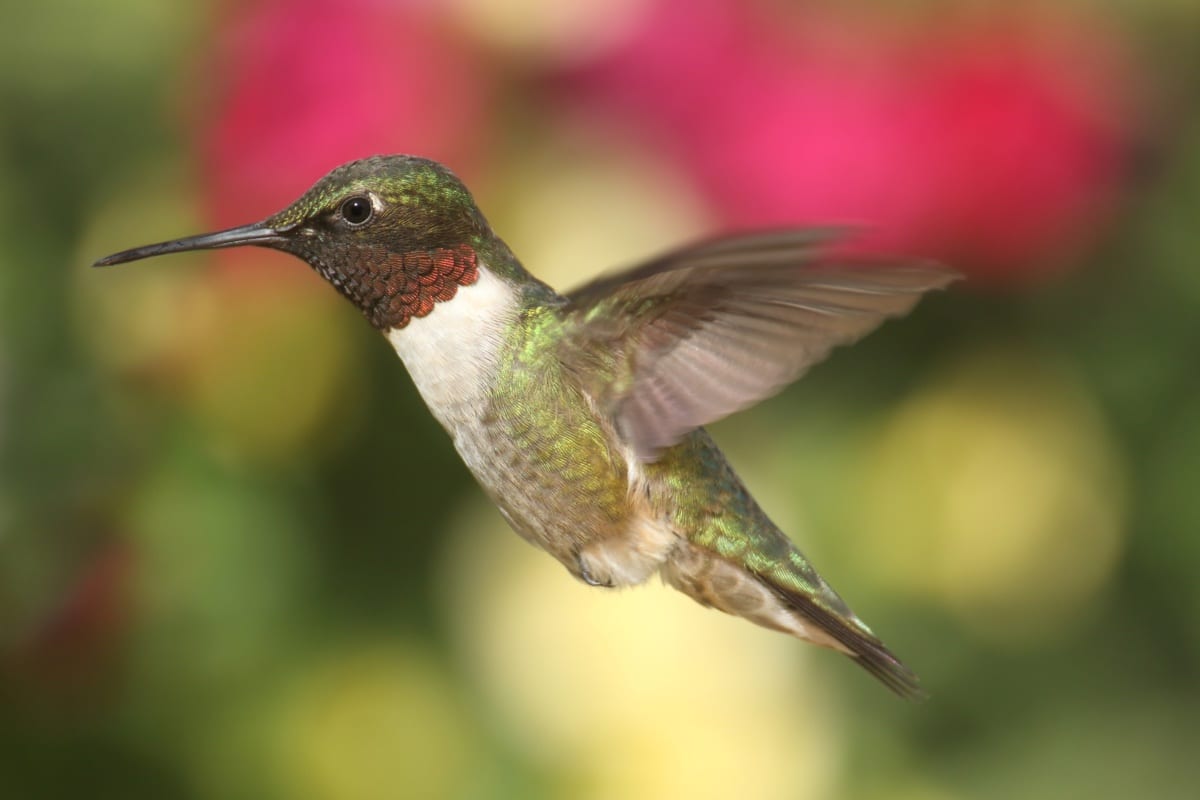Often as I walk through Central Park, I thank workers along the way for the help they offer in keeping the park a wonderful place to spend time. Yesterday I thanked a worker and he said, “We love this park, so we love this work.” This morning I thanked a garbage man for helping to make our city more livable. I always thank the postal carriers at both my office and at home when I see them, along with people from all the various delivery services that bring packages filled with things that make my life work. Without these people, life would be very different.
As I move through New York City, I pay attention to people whose job it is to support the rest of us, people who help make our lives easier to navigate. For this week’s practice in conscious living, I invite you to do the same and, if you are already someone who thanks people along the way, ramp it up a bit and see how that feels. Gratitude brings its gifts not only to those we thank but to us, as well. It has the power to lift our spirits, as well as those who receive gratitude from us.
Our sense of well-being is nourished when we engage in expressing gratitude to the people around us. We are more likely to remember that we are part of a community and that, without the whole community, we wouldn’t be able to live our lives in the ways we do. This awareness of community can also remind us of the underlying interdependence that is fundamental to human existence. We depend on one another for just about every aspect of our lives and taking the time to thank people we don’t know and may never see again helps to reinforce an awareness of just how much we need one another.
Read More “744th Week: Expressing Gratitude”



